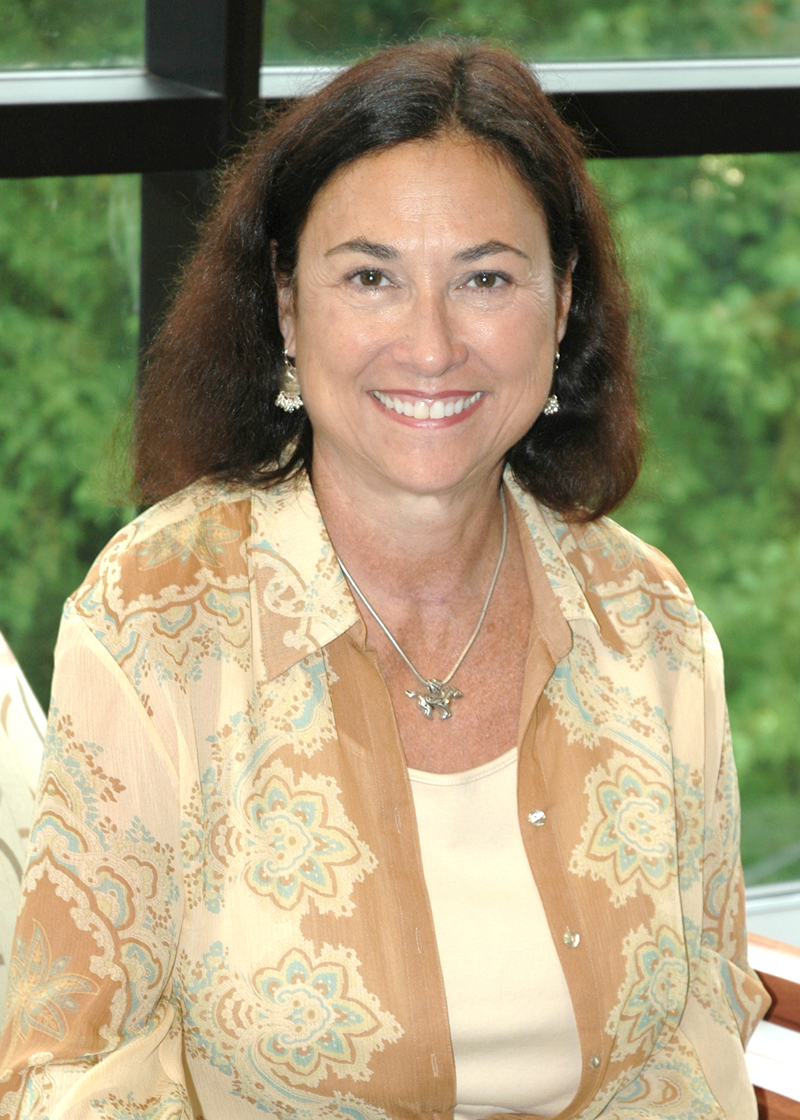She has served as co-counsel to Bosnia-Herzegovina and Paraguay and as counsel in Supreme Court cases such as Padilla vs. Rumsfeld. Now, Marshall-Wythe Foundation professor Linda Malone of the Marshall-Wythe School of Law will act as pro-bono counsel for Nguyen Quoc Quan, an American democracy activist who has been detained in Vietnam since April 17, 2012.
Quan, a member of the Vietnamese reform group Viet Tan, was arrested in the Tan Son Nhat International Airport before departure to the United States on charges of organizing terrorist activities.
“Quite clearly, the only thing that he has done is distribute materials and encourage people to advocate for a more democratic government in Vietnam,” Malone said. “I just got the indictment translated into English, and that’s exactly what they say he’s done but it’s characterized as subversion.”
A Vietnamese law that allows for political prisoners to be held without trial for four months, a period which can be renewed three times, deprived Quan of due process and legal counsel until his November hunger strike pressured the Vietnamese government into granting him access to lawyers. Malone took the case after being approached by the American Bar Association Center for Human Rights.
International relations professor Katherine Rahman sees this deprivation as a strategic point in the case.
“There are international standards for what constitutes due process and those one can make reference to,” Rahman said. “The right to due process is just a basic human right.”
Malone will advise Quan’s Vietnamese defense lawyers on international law and while in the United States. she will continue to lobby the State Department as well as the Department of Justice to bring up the issue with Vietnamese officials.
“Because this man is an American citizen, the
United States has the right, if not the obligation, to do things in order to try to make sure what’s happening to him is reasonable and fair,” Rahman said. “However, an international standard — a universal standard—that says you always have these kinds of rights may or may not be something that a state is going to push for even at the best of times.”
Much of Malone’s value lies in her ability to bring visibility to the case, according to government professor Maurits van der Veen.
“Everyone knows that Vietnam still violates human rights — the less people that know about what Vietnam does, the better it is for Vietnam,” van der Veen said. “For this guy’s defense and for international human rights purposes, you want maximum visibility.”
However, Malone is skeptical of the Vietnamese justice system.
“The mere fact that these charges have been filed indicates that it’ll be very difficult for him to have a fair trial,” Malone said.
Malone emphasized the need for students to become involved.
“This is a very clear human rights violation where support on the local, national and international level would be helpful,” Malone said.

